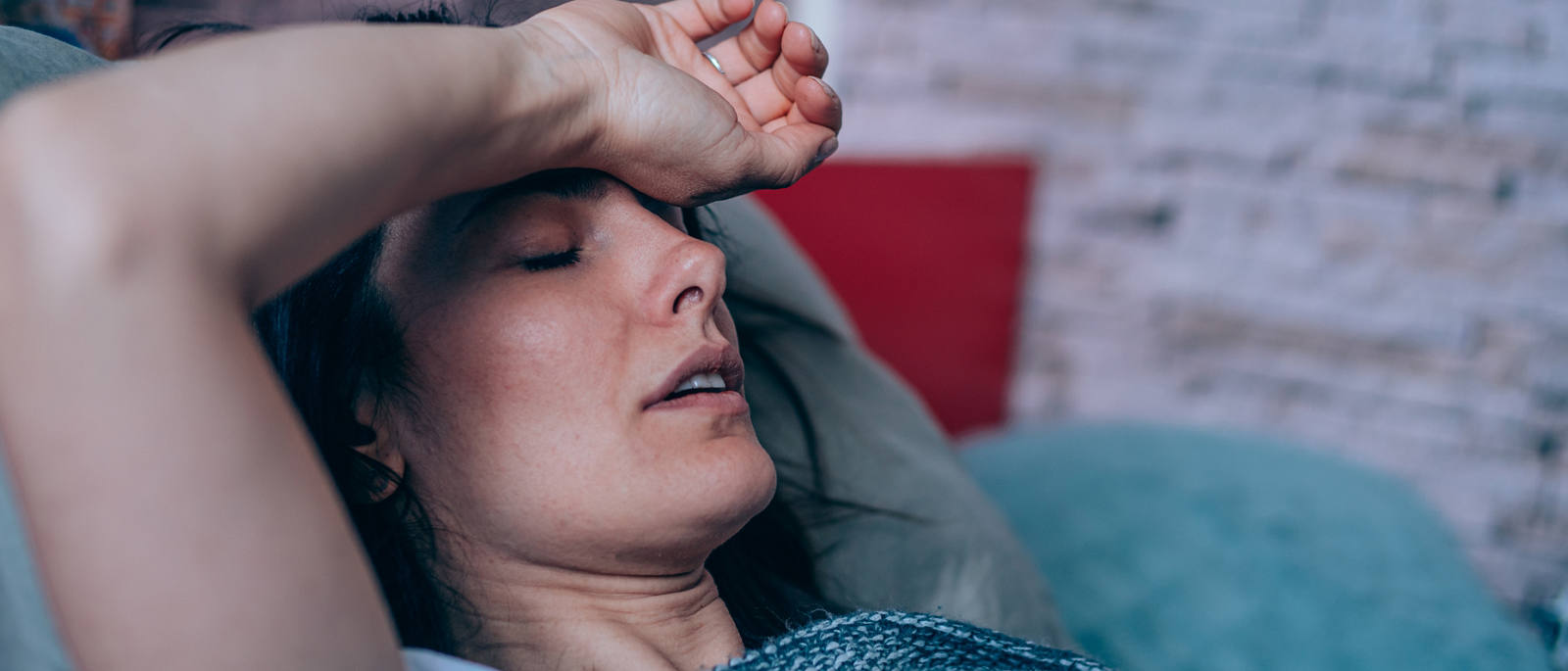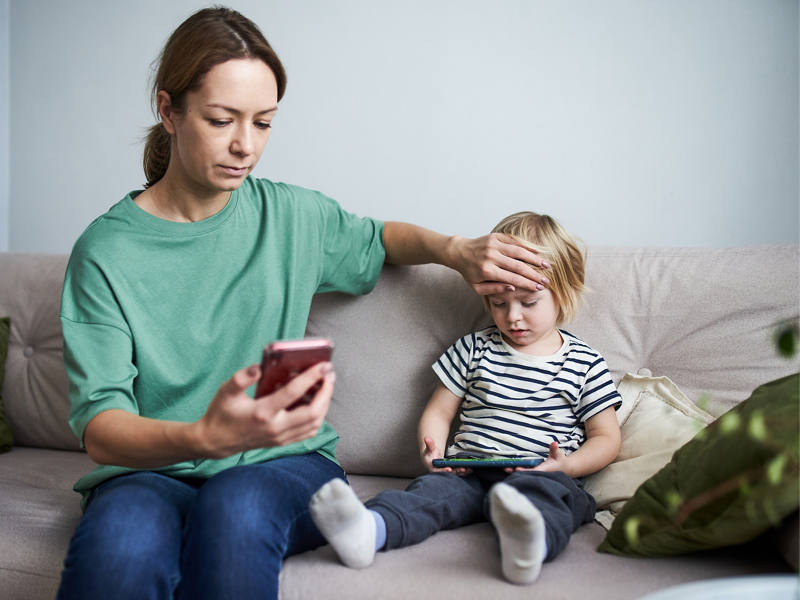‘Placebo effect’ or how we trick our brain

Yes, it does exist. And it’s surprisingly common in conventional medicine. The placebo effect is the result of a medication that doesn’t actually contain any active ingredients. We explain why it works nevertheless, how research has proven it and where we benefit from it.
Does the placebo effect really exist?
Placebos, i.e. medications without any active ingredients, are a mystery to many. But the fact is: the placebo effect can be well explained and scientifically proven. A meta-study by Cochrane Database Systematic Reviews analysed over 200 placebo studies with a control group who didn’t receive any treatment.
Placebos have a demonstrable effect
The fact that people in the control group recovered too proved the body’s ability to heal itself naturally. But it was the difference in recovery between the control group and the groups treated with placebos that demonstrated the placebo effect. Among the placebo treatments used, needles and pseudosurgery had a stronger effect than tablets. The study showed placebos have demonstrable effects on:
-
pain
-
nausea
-
asthma
-
anxiety disorders
Why do placebos work?
Doctors explain the fact that, despite the medication being only a placebo, symptoms can improve due to two mechanisms.
Firstly: just the expectation that a medicine will have a beneficial effect can trigger corresponding reactions in the body. Then there’s conditioning – the second known cause of the placebo effect – which amounts to our experience. If a tablet helped in the past, we assume that it will also work in the future. This activates the areas in our brain that enable the body to manage the sickness itself. In other words, the placebo effect merges with other processes that play a role in healing a medical condition.
Dimensions of healing
The placebo effect forms one of 4 dimensions.
- Dimension 1: medication
- Dimension 2: natural self-healing
- Dimension 3: placebo effect
- Dimension 4: positive communication
The active ingredient of a medication is sometimes only the tip of the iceberg, i.e. the last of 4 building blocks needed for recovery.
Body's ability to self-heal often underestimated
The natural healing process, or the body's ability to self-heal without external intervention, is often underestimated. In this process, positive thoughts, with their ability to strengthen the immune system, can help. Communication also has an influence: for example, when doctors explain in thorough detail the benefits of a therapy to the patient, they activate positive expectations which boost the healing effect.
Where can placebos be helpful?
If strong medicines, like opioids for pain, contain a placebo now and again, not only do they still help thanks to conditioning, but they also reduce dependency. There are also medical conditions that are difficult to treat, such as irritable bowel syndrome or late-stage cancer. In such cases, placebos at least help to alleviate the symptoms.
Risks of placebos
In some situations, however, placebos can be dangerous. If homeopathic remedies are used to try to keep a well-treatable tumour under control, valuable time is wasted. Whenever waiting causes damage, placebos are the wrong choice.
When medical intervention is necessary
In certain conditions – like a broken arm, for example – a clear medical intervention is needed. In such cases, the dimensions of self-healing, placebo effect and communication are simply not effective.
Are placebos already consciously being prescribed?
Many everyday ailments, such as headaches, joint pain or nausea, practically disappear by simply running their natural course, i.e. they move in natural cycles. With symptoms of this kind, it’s better to first wait and see. However, that’s easier said than done. Most people go to a doctor or pharmacy to get medication. This is why even medical specialists sometimes resort to the placebo effect.
Use by family doctors
Examples of use by family doctors in Switzerland include prescribing too low a dosage, herbal medicines and vitamins. Even an antibiotic can be a placebo when it’s the wrong medication for the condition – for a viral cough, for example. In this case, the body cures the cough itself. At best, a little faster than usual, thanks to the placebo effect.


